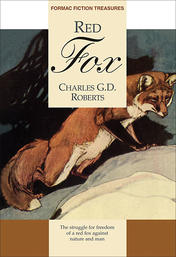General

To San Francisco and back…
THAT SUMMER, ANYONE MY age and Ellen’s age who considered themselves anti-establishment in any way or were inclined to adventure or who were simply after kicks would have been foolish not to go to San Francisco. Larry Demeter and his Italian girlfriend Laura Longo were all for it and so was Ted Rogel but he didn’t have a girlfriend. I suggested he drive up to New York and put an ad in the Psychedelicatessen on Tompkins Square. He showed up at my apartment on Eldridge Street and I took him over to the place; he pinned his note on the bulletin board ‘Chick wanted for trip to San Francisco! Must travel light’, and when he got back to West Chester, just outside of Philadelphia, there had been three or four calls. The next day, Ted was again knocking on the door, and with him was a beautiful 22 year-old girl in high heels, tight black satin slacks and a flowery blouse. Her name was Dalia and she was wearing three or four necklaces, a dozen bracelets, had rings on every finger and on most of her toes. She was part Vegas showgirl, part hipster road chick. In other words, she was just my type. We looked at each other and it was like there was a magnetic field connecting us. We both said hello, got into the fishtail Plymouth, and from then on ignored each other until we got to California. In South Carolina I’d heard music when we pulled over to get something out of the trunk and down the road saw a few black people go into the forest, followed minutes later by several more, all carrying boxes, baskets, bottles of booze. I went over and found the trail, and my companions reluctantly followed me into the piney woods. There were bonfires in a clearing, lanterns powered by car batteries and a pig turning on a spit. Four guys in suits and bib overalls were playing rhythm and blues that was fifteen years out of date, and just the way I liked it. People looked but nobody hassled us. The alto sax was held together by electrician’s tape. It was as if time stood still in the woods; it was eternally 1948, and Wynonie Harris was at the top of the Race chart. But the music either bored my companions or they were afraid the darkies would get them. So we left the woods and emerged into July 1967, and back on the road. The long, long road to the coast, and all the way across the country, the big song on the radio had nothing to do with white rabbits or flowers in your hair; it was Bobbie Gentry’s “Ode to Billie Joe.” It was the summer of love.









